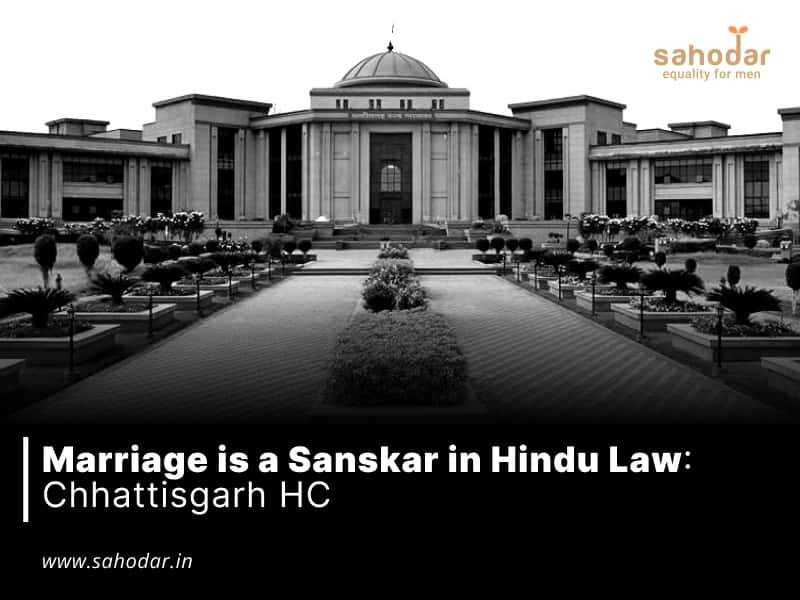Justices Goutam Bhaduri and N.K. Chandravanshi were presiding over an appeal filed by a husband, who had sought divorce under Section 13(1)(i-a) of the Hindu Marriage Act, 1955, but his petition was dismissed earlier. The husband had been married before and had obtained a divorce from his first wife. He then remarried with the respondent, P. Padmavati, with the aim of securing his future and providing fatherhood to his son. Prior to the second marriage, he underwent a vasectomy to ensure that he would not have any more children in the future. The wife agreed to this arrangement and accepted the son from his previous marriage as their only child.
Two years into their marriage, the wife expressed her desire to have a child, but the husband objected. In response, the son was subjected to torture, and the husband was pressured to have a child of their own. To achieve this objective, the wife underwent IVF treatment using eggs and sperm from outside donors. The husband claims that he had offered to donate his sperm, but the wife did not use it and instead got pregnant using an unknown donor’s sperm. After becoming pregnant, she underwent treatment to remove an extra embryo from her womb, resulting in the birth of twin daughters.
After the birth of twin daughters through IVF treatment, the home environment became hostile, and the wife began making sarcastic comments about the husband’s inability to give birth in front of friends. The husband argues that the wife’s mental abuse and cruelty towards him, coupled with her decision to get pregnant using an outside donor’s sperm, entitles him to a divorce as they cannot continue to live together.
The bench was tasked with determining whether the Family Court’s decision should be challenged. The bench acknowledged that the institution of marriage holds immense importance and is considered a sacred ceremony in Hindu Law. Therefore, any perceived contract, as claimed by the husband, that they would not have a child from their second marriage cannot be a valid promise, as not fulfilling it would be viewed as cruel. According to Hindu law, marriage is not a mere contract, and thus, any alleged promise made by the husband regarding not having a child cannot override the sanctity of the institution of marriage and the desire to have a family.
The High Court noted that during cross-examination, the husband admitted that his wife had quit her job and became financially dependent on him after their marriage. It can be inferred that the husband paid for his wife’s medical bills during this period. The parties’ conduct after the wife became pregnant is also significant. When it was discovered that she had three embryos, one of which needed to be removed, the husband accompanied his wife to Delhi to seek medical attention. This demonstrates that he was also involved in the decision-making process and consented to the entire process, which was initiated jointly by both husband and wife.
The bench observed that the husband’s argument that he was willing to donate his sperm, but the wife chose to get pregnant from an anonymous donor’s sperm is irrelevant since both husband and wife consented to this during the IVF treatment. The evidence suggests that after some time of their marriage, both husband and wife agreed to have a child through IVF treatment, and the husband also cooperated during the process. The dispute between the parties only arose after the birth of their twin daughters.
High Court observed that the husband further stated that his son from the first wife namely, Mukul was subjected to cruelty but the same is denied vehemently by the wife. Mukul has not been examined before the Court, therefore, the best evidence which was available to the appellant was withheld and only when the counter allegations have been made which could have been clarified by third party and in absence of any evidence, inference of cruelty further cannot be drawn. Therefore, after an assessment of the entire evidence, no cruelty was proved to have been caused to the husband, as a result, he is not entitled to get the decree of divorce. The appeal was dismissed accordingly.
Source: https://lawtrend.in/in-hindu-law-marriage-is-sanskar-chhattisgarh-hc/

